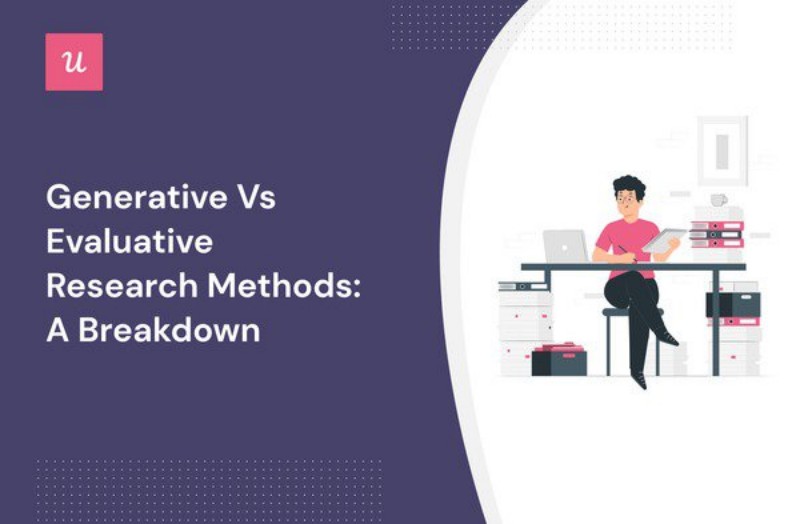Current location:Home > Mental Wellness > Emotional Health > Text
Time:2025-06-09 Source:Mind Body FuelAuthor:Click:49
Understanding how to stop emotional overeating is crucial to maintaining a healthy lifestyle. Emotional overeating, often triggered by stress or negative feelings, can become a destructive cycle. However, by identifying triggers and modifying eating habits, it’s possible to overcome this challenge.
A 2024 study from the Journal of Nutritional Health revealed that emotional overeating is often a response to emotional triggers. These could be stress, sadness, or even boredom. Recognizing these triggers is the first step towards managing emotional overeating.
One must learn to differentiate between physical hunger and emotional hunger. Physical hunger is gradual and can be satisfied by any food, while emotional hunger comes on suddenly and craves specific comfort foods. It’s important to tune in to your body’s signals and understand the difference.
Developing healthy coping strategies for stress is also beneficial. Instead of turning to food during emotional highs and lows, try alternative methods such as exercise, meditation, or engaging in a hobby. A 2025 study from the Mind-Body Wellness Center showed that individuals who regularly practiced mindfulness and stress-reducing activities reported a significant decrease in emotional overeating.
Maintaining a regular eating schedule can help curb emotional overeating. Eating balanced meals and snacks at regular intervals throughout the day can prevent extreme hunger and reduce the likelihood of emotional overeating.
Another useful tip is to keep a food and mood diary. This allows you to track what you eat and how you felt before, during, and after eating. This record can provide valuable insights into your eating patterns and emotional triggers.
Finally, seeking professional help can be beneficial. Therapists and dietitians can provide personalized guidance and strategies to help manage emotional overeating. Cognitive-behavioral therapy (CBT) has shown promising results, as it helps individuals understand the relationship between their thoughts, feelings, and behaviors.
Remember, everyone has moments of emotional eating. The goal isn’t to eliminate these instances but to create a healthier relationship with food. With awareness, understanding, and the right strategies, it’s entirely possible to stop emotional overeating and move towards a healthier, happier lifestyle.

Revitalize Your Life with Productivity Journaling

Comparing Weightlifting Belts: Rogue vs Harbinger Performance Analysis

Crafting Your Ideal Vitamin Supplement Schedule for Optimal Health

Unlocking Wellness: Your Guide to an Ayurvedic Dosha-Balancing Plan

Boost Your Productivity with a Digital Detox: A Comprehensive Guide

Embrace Yoga for Better Body Alignment: A Path to Wellness

Utilizing a Heart Coherence Timer for Enhanced Wellness and Health

Unlocking the Health and Beauty Benefits of Wakame Alginate

Unleashing The Power Of Fitness Equipment: A Comprehensive Guide

Pilates for Full Body Workout: Enhancing Strength, Flexibility, and Wellness
 Revitalize Your Life with Productivity Journaling
Revitalize Your Life with Productivity Journaling
 Embrace Yoga for Better Body Alignment: A Path to Wellness
Embrace Yoga for Better Body Alignment: A Path to Wellness
 Utilizing a Heart Coherence Timer for Enhanced Wellness and Health
Utilizing a Heart Coherence Timer for Enhanced Wellness and Health
 Boost Your Workout: High-Intensity Interval Cycling for Optimal Health
Boost Your Workout: High-Intensity Interval Cycling for Optimal Health

 : eval()'d code(1) : eval()'d code(1) : eval()'d code(1) : eval()'d code</b> on line <b>2</b><br />
https://mindbodyfuell.com/wp-content/themes/baobao/default.jpg)

 : eval()'d code(1) : eval()'d code(1) : eval()'d code(1) : eval()'d code</b> on line <b>2</b><br />
https://mindbodyfuell.com/wp-content/themes/baobao/default.jpg)
 : eval()'d code(1) : eval()'d code(1) : eval()'d code(1) : eval()'d code</b> on line <b>2</b><br />
https://mindbodyfuell.com/wp-content/themes/baobao/default.jpg)
 : eval()'d code(1) : eval()'d code(1) : eval()'d code(1) : eval()'d code</b> on line <b>2</b><br />
https://mindbodyfuell.com/wp-content/themes/baobao/default.jpg)
Copyright @ 2025 Mind & Body Fuel Email:xya0876@gmail.com No:26148
Statement: The articles on this website are all from the Internet and do not represent any views. Before making any health decisions, you must consult your doctor.